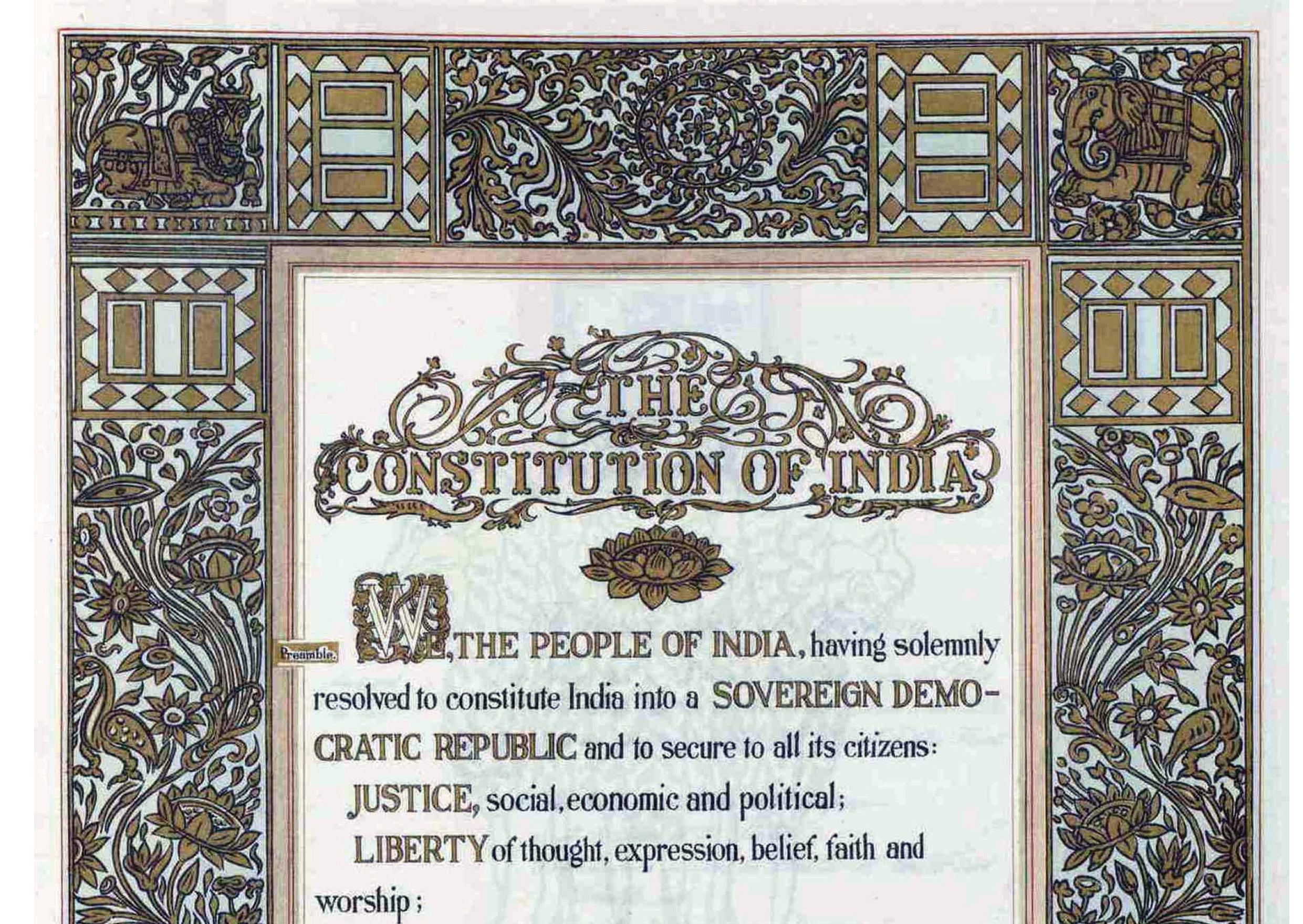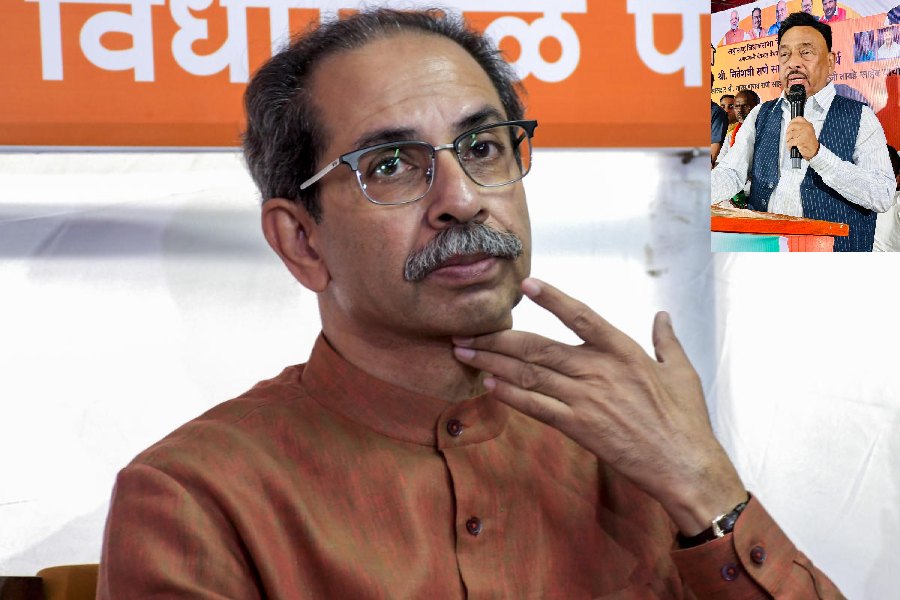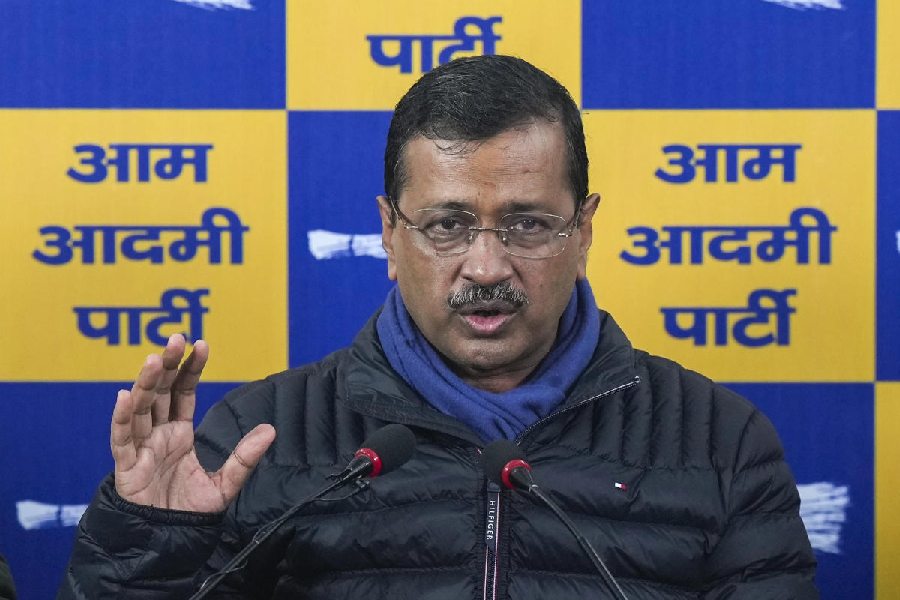The makers of the Constitution were people of basic decency. There were situations that they could not imagine, that must have been beyond the pale for them. The Supreme Court has suggested to Parliament that it consider amending the Constitution so that an independent body take over the function of deciding on the disqualification of legislators within a fixed time from the Speaker who is de jure or de facto a member of a political party. This has nothing to do with the Constitution-makers’ inability to imagine how parties with defined vote banks and different ideologies from those of the Congress of newly independent India would deal with the ideals of governance implicit in the Constitution. This is about the way unethical behaviour among legislators — not new of course — has come out in the open. There is a negative force that collective unethical behaviour, played out as if it is the most normal thing in the world, generates, making nonsense of the expectations of a foundational document such as the Constitution. For example, as happened in Karnataka recently, a large bunch of legislators enter assembly by winning against another party and then calmly walk over since the loaves and fishes in control of their former rival are more abundant, thus making a majority government into a minority one.
This is, simply and shockingly, a breach of trust with the electors. The Tenth Schedule of the Constitution details the provisions for disqualification of legislators. The Speaker must decide on disqualification and penalize legislators accordingly. The Speaker sometimes takes a lot of time, for whatever reason, effectively allowing the legislators who have changed sides to enjoy their rewards and their new party reap the benefits of numbers. Hence the Supreme Court’s suggestion. There is much reason to consider it positively. But the Tenth Schedule must be examined further to see what penalties can be imposed if a majority government is made into a minority by collective defection — if two-thirds of party legislators defect, they are not disqualified — and no election follows. The system is many-layered; all of them must be consistently assessed. Then there are the people. Most of the legislators in Karnataka who defected won in the by-elections. With so much in the polity having changed, the people’s perceptions, too, should be reassessed.











